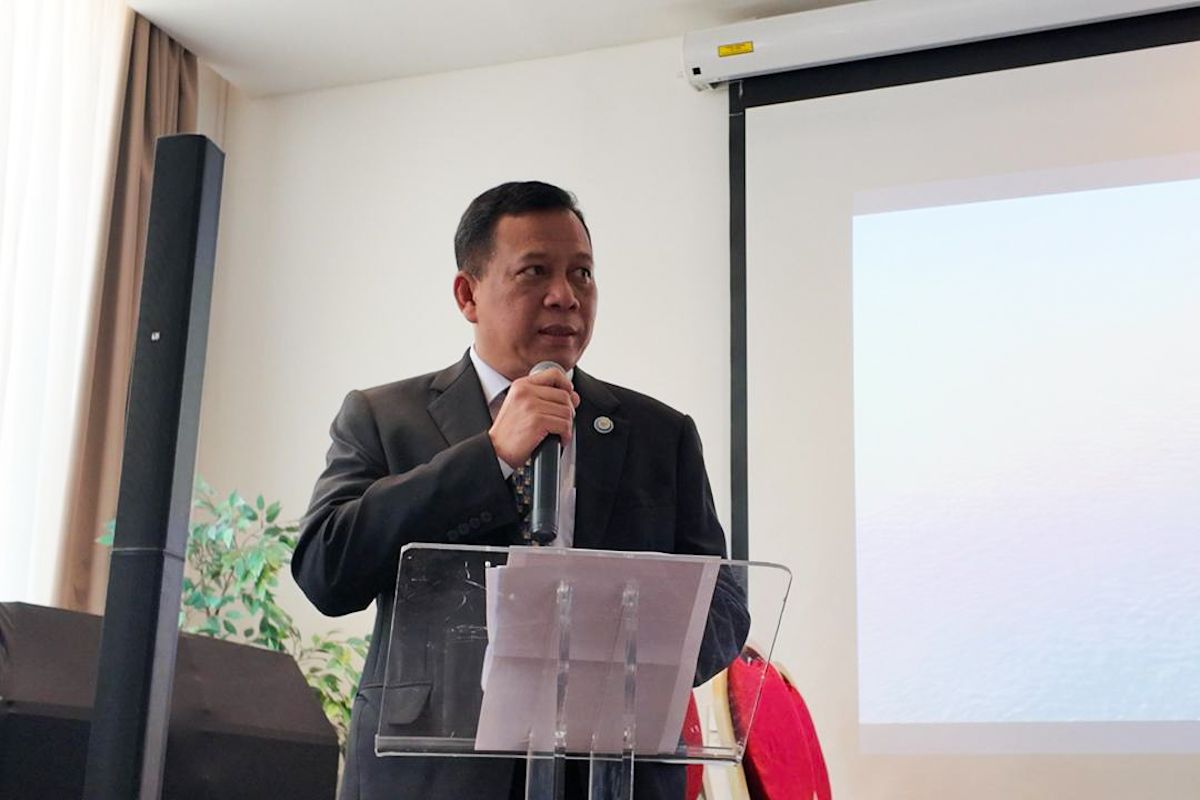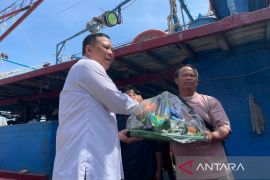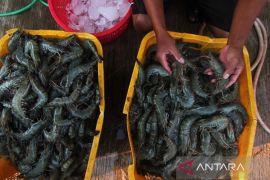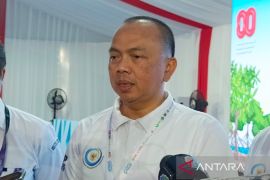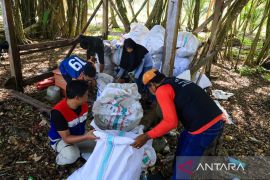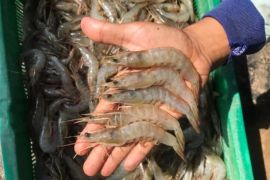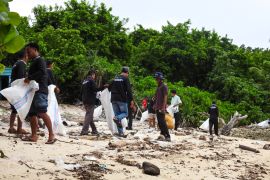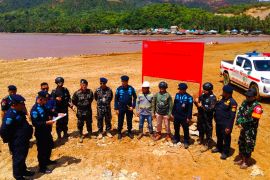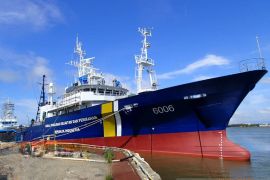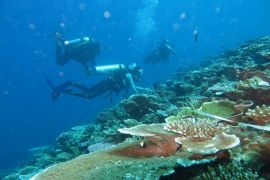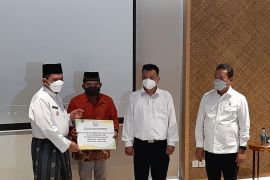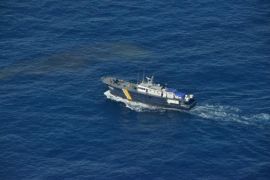"Indonesia is committed to strengthening sustainable ocean governance and promoting inclusive small-scale fisheries practices based on local wisdom," said Acting Director-General of Capture Fisheries at KKP, Lotharia Latif, in a statement received in Jakarta on Sunday (June 15).
Latif made these remarks during a side event hosted by the Government of the Maldives, titled Delivering Sustainable and Equitable Ocean Governance: Multi-Stakeholder Approaches to Small-Scale Fisheries and Marine Protected Areas.
He emphasized that Indonesia, as the world’s fourth-largest archipelagic nation, has a sustainable capture fisheries potential of 12 million tons and holds exceptionally high marine biodiversity.
Indonesia's quota-based sustainable fishing policy has proven effective in driving national capture fisheries production growth, averaging 3.94 percent annually, from 4.51 million tons in 2016 to 7.71 million tons in 2023, making Indonesia the world's second-largest capture fisheries producer after China, Latif noted.
He also highlighted Indonesia’s cooperation with global initiatives such as CFI Indonesia, which support community-based small-scale fisheries management.
One standout example is the Sasi Label initiative in the Maluku Islands, where local wisdom guides the temporary closure of fishing areas to allow marine resources to regenerate.
"This model not only protects marine ecosystems but also strengthens local institutions, empowers women, and improves fishermen’s welfare through cooperatives and digital tools such as e-logbooks," Latif added.
He further noted that Indonesia’s fisheries production remains within safe biological limits, with utilization rates under 80 percent of the Maximum Sustainable Yield (MSY). From 2020 to 2024, average annual production was 7.39 million tons.
In parallel, small-scale fisheries export value has risen steadily, increasing from USD 3.31 billion in 2020 to USD 3.91 billion in 2023, driven by key commodities such as tuna, squid, octopus, and crab.
Latif concluded by inviting all stakeholders to strengthen global collaboration to achieve SDG 14 (Life Below Water) through partnerships, twinning programs, and international forums.
"We invite all partners and stakeholders to attend the Ocean Impact Summit Indonesia 2026 as a tangible expression of our shared commitment to healthy and sustainable oceans," he said.
Earlier during UNOC-3 (June 9–13, 2025), Indonesia’s Minister of Marine Affairs and Fisheries, Sakti Wahyu Trenggono, reaffirmed the country’s strong commitment to ocean protection and sustainable blue economy development.
Related news: Indonesia, China foster collaboration in marine HR development
Related news: Ministry adds two conservation areas to boost blue economy
Translator: Harianto, Azis Kurmala
Editor: M Razi Rahman
Copyright © ANTARA 2025
